President Donald Trump’s foreign policy toward Europe will consist of a radical departure from anything we have seen since the end of World War II. Or, it will be characterized by chaotic and incoherent policies. Either way, his presidency will represent a golden opportunity for Europe to unite on the global stage.
Getting militaries in gear
To begin with, Europeans will have to get their act together on security. At an average of 1 percent of their GDPs, European countries spend relatively little on their militaries. Worse still, they spend poorly. European countries run parallel and often competing research and development programs, as well as spend far too much on salaries rather than on equipment. Moreover, they struggle with a still-fragmented industrial base.
Throughout his campaign, Donald Trump has been vocal about his criticisms of both NATO and U.S. alliances around the world. Europeans should expect to be made to contribute more to enjoy a continued American security engagement in Europe. They should take this as an opportunity to develop their own capabilities and secure strategic autonomy. Behind the scenes, France, Germany, Italy, and Spain are already looking into these issues.
It will be calm but firm diplomacy until Britain leaves the European Union in 2019. After that, national governments will go public with plans not for a European army but, rather, for a very significant integration of their national military structures and capabilities.
Vladimir and Donald to unite Europeans
Within this context, Europeans will have to address both old and new fears at the same time. Vladimir Putin already concentrates minds in Eastern Europe. Russia’s invasion of eastern Ukraine, the steady modernization of the Russian armed forces, and Putin’s bellicose rhetoric trouble capitals from Helsinki to Sofia. Old fears of Russian aggression are top of the agenda across the region.
Meanwhile, west European countries have, for the first time in many decades, reason to fear U.S. foreign policy. A Trump presidency where the role of NATO is put in question, where Brexit is celebrated as a positive development, and where present and potential trade deals are regarded as detrimental to U.S. interests is already causing sleepless nights in Berlin, Madrid, Paris, and Rome. Europeans grew up thinking of America as a friend and partner: for the first time since the 1940s, they now look at Washington with anxiety. The combined fear of Trump and Putin might succeed where nobody did so far. Washington and Moscow might unite Europeans in setting and implementing a strong vision for their foreign and security policy.
Europeans grew up thinking of America as a friend and partner: for the first time since the 1940s, they now look at Washington with anxiety.
Soft power and wide partnerships
Finally, Europeans will have to seek new alliances to protect what is left of the international liberal order. As America will become a less dependable partner in security as well as in ideological terms, the European Union must engage in a substantive dialogue with important countries that still share the European vision of an open, tolerant, and interdependent global order. The list of potential partners is short but meaningful: Australia, Brazil, Canada, Japan, India, South Korea, and possibly a few others. The relationships that Europe is already developing with all these countries are not ones based primarily on security guarantees or military alliances. Rather, they focus on trade deals, long-term diplomatic engagement and shared norms. This is the kind of “soft” foreign policy that Europeans are already relatively good at. Like-minded countries have to come together to keep alive the light of an open global international order through what is bound to be a period of uncertainty and insecurity. After the dark years of a Trump presidency pass, Europeans might find themselves with a stronger and more appreciated global role than the one they enjoyed so far.
With Britain drifting into global irrelevance following Brexit and the United States likely to undermine the post-war international liberal order under a Trump presidency, Europeans must heed the call of history. It falls upon them to keep alive any hope that is left in a future of freedom, openness and inclusiveness.
The Brookings Institution is committed to quality, independence, and impact.
We are supported by a diverse array of funders. In line with our values and policies, each Brookings publication represents the sole views of its author(s).

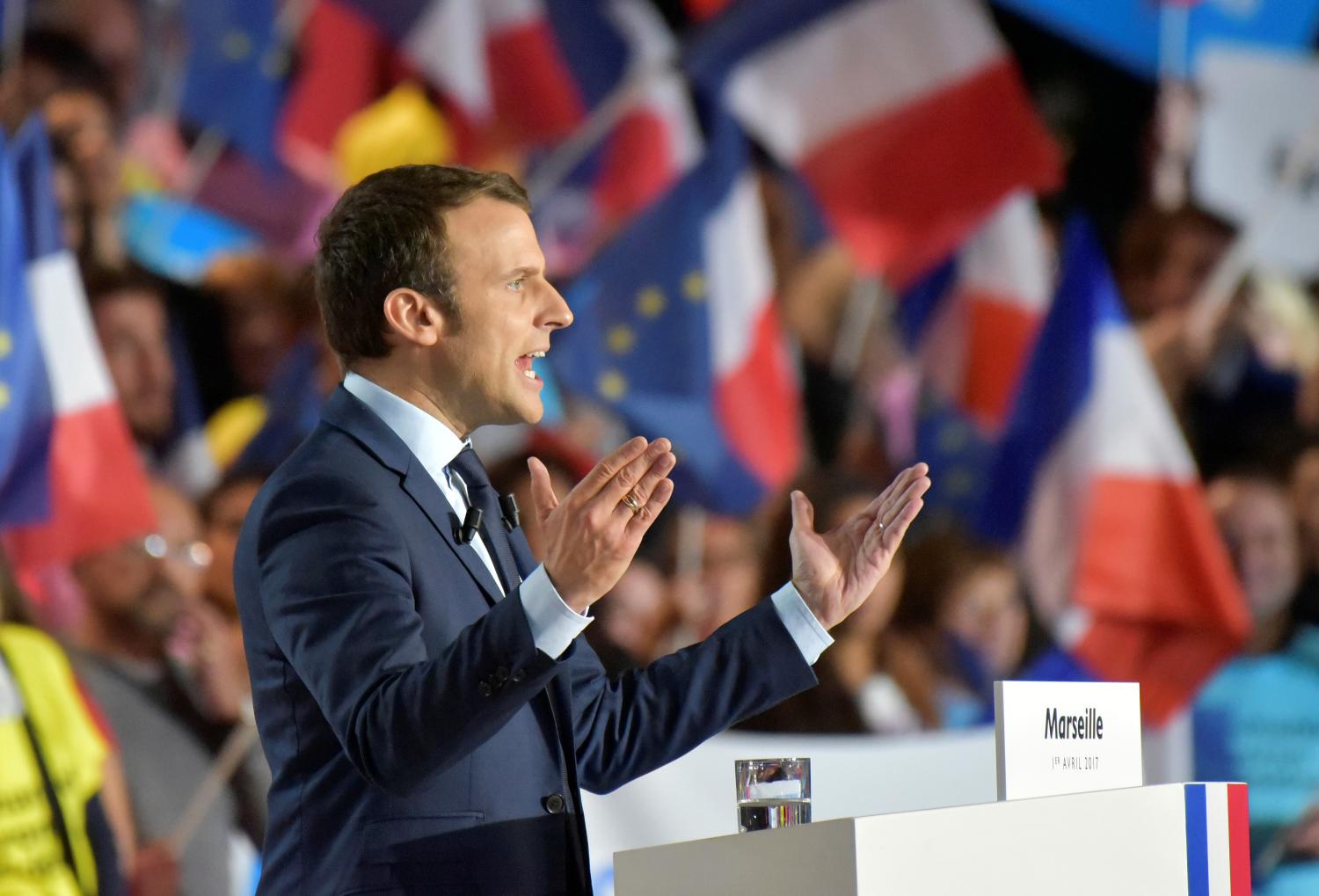
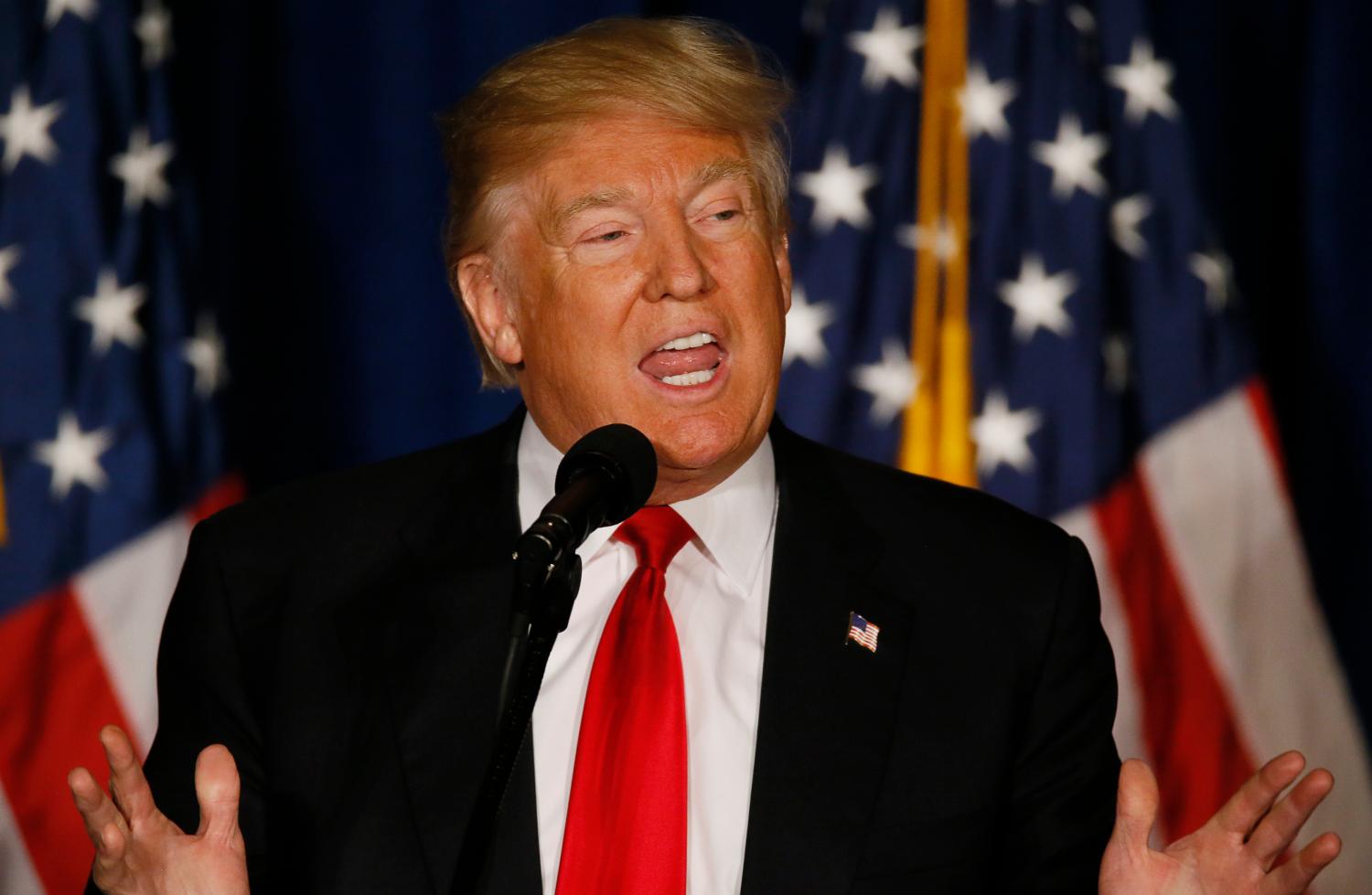
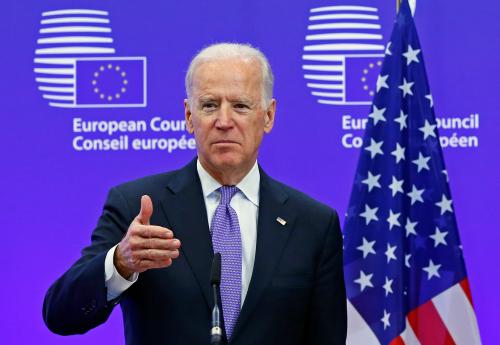
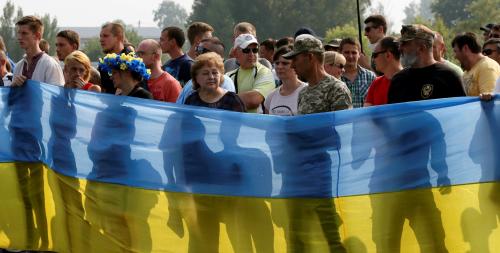
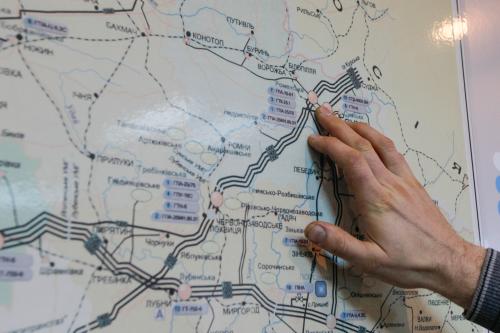
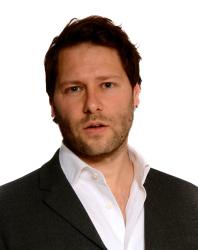



Commentary
Never waste a crisis: Trump is Europe’s opportunity
November 10, 2016